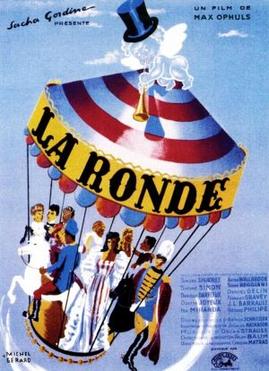 |
| Marina Vlady in 2 or 3 Things I Know About Her |
Marianne: Anny Duperey
Robert Jeanson: Roger Montseret
John Bogus, the American: Raoul Lévy
Roger: Jean Narboni
Director: Jean-Luc Godard
Screenplay: Jean-Luc Godard
Based on an article by Catherine Vimenet
Cinematography: Raoul Coutard
At the beginning of 2 or 3 Things I Know About Her, we see a beautiful woman on the screen and the narrator (Jean-Luc Godard) whispers to us some things that he knows about her: that she is the actress Marina Vlady and that she is looking to the right. And yes, she is Marina Vlady, but in a moment the narrator is whispering again that she is Juliette Jeanson, which is the role Vlady is playing in the film. And yes, she is looking to the right, except that it's our right; she is looking to her left. So immediately Godard has launched us into some conundrums involving actor and role as well as subject and object. Godard will insistently whisper his comments on these and other epistemological questions throughout the film, as we watch Marina/Juliette move through a day in which Juliette takes her daughter to a very strange day care center, has her car washed, buys a dress, meets a friend, and turns a few tricks. We also watch the work at construction sites and contemplate the swirling foam on the surface of a cup of coffee. And throughout we are not only whispered to by Godard, but also hear Juliette's thoughts and the conversation of other characters on the nature and limitations of language and art and philosophy, as well as the psychic disturbance and political significance of the Vietnam War. For some, all this will constitute an hour and a half of pretentious and boring fiddle-faddle, the cinematic equivalent of the philosophical bull sessions we had in our college dorms. But let me hasten to defend the philosophical bull session: It stretched our minds at the right time in our lives, when we had the patience for ideas. Too few of us have the patience for ideas anymore, and that may be an incalculable loss. It's easy to mock films like 2 or 3 Things, to ignore their essential playfulness, their overturning of the complacent expectation that a movie should tell a story or excite or entertain us. But pause to gnaw on some of the some of the things that are said in the film, such as "To say that the limits of language, of my language, are those of the world, of my world, and that in speaking, I limit the world, I end it." Or contemplate the fact that the surface of a stirred cup of coffee looks like the spiraling of a galaxy. Or engage your eyes with cinematographer Raoul Coutard's widescreen compositions. Or question the film's obsession with commercialism, which echoes Andy Warhol's exaltation of soup cans and Brillo boxes into art. Or do anything else that the film prods you to do, including wonder why Juliette leads the life she does, and you've got at the heart of what makes Godard such a radically important filmmaker.





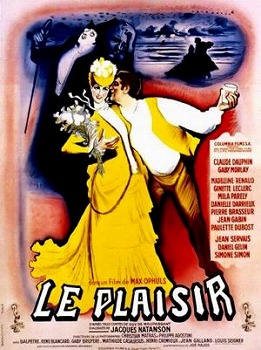


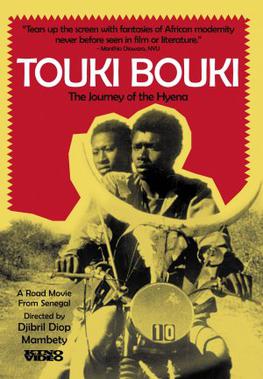





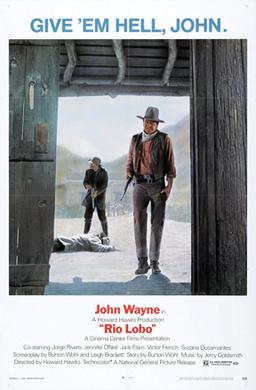

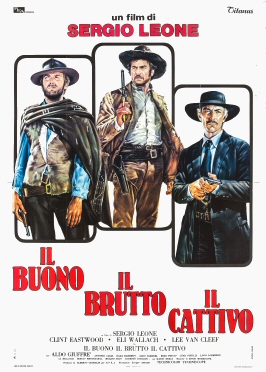




.jpg)



